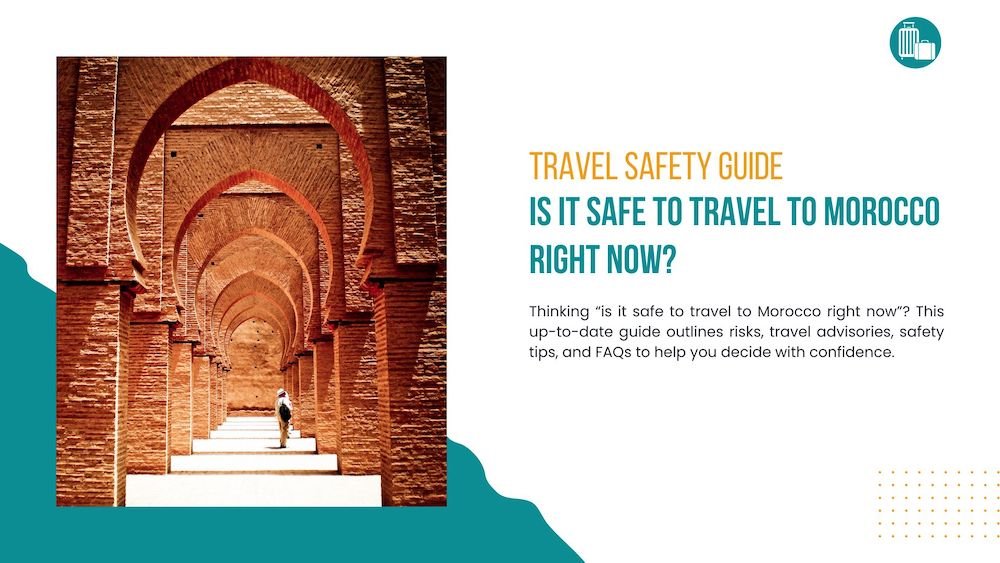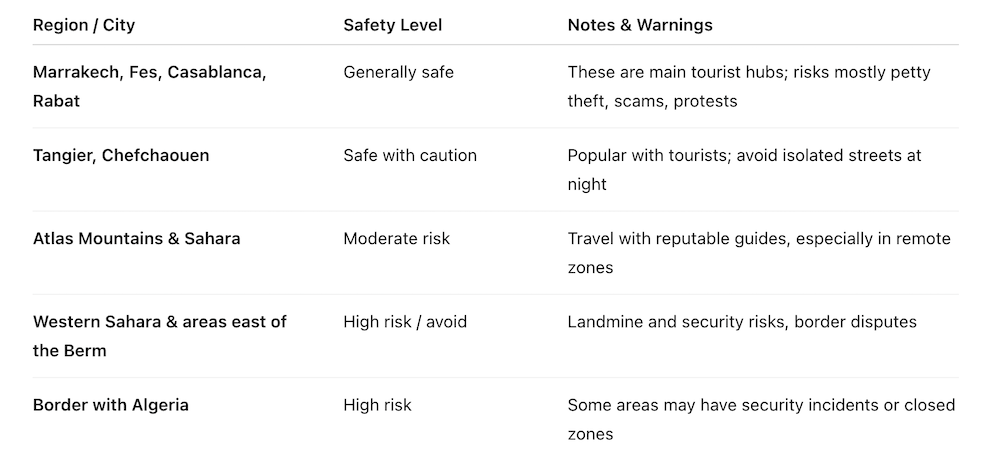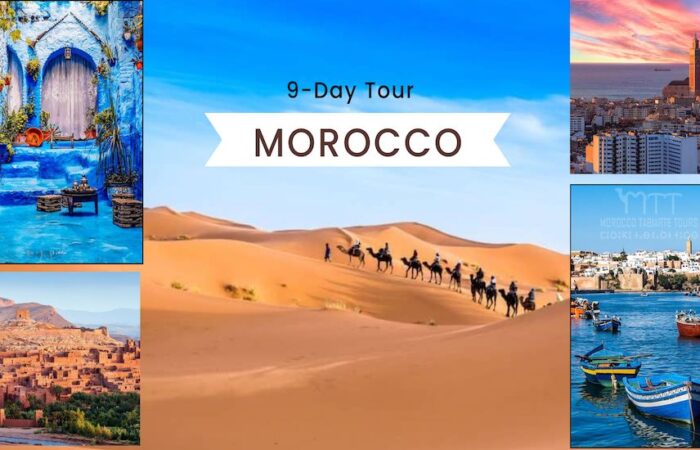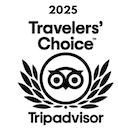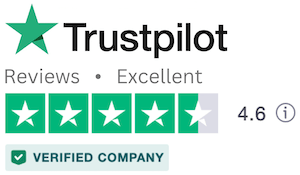- Home
- About Us
- Morocco Tour Itineraries
- TOURS START FROM MARRAKECH
- 2 Day Tour from Marrakech to Merzouga
- 2 Day Tour from Marrakech to Fes
- 3 Day Tour from Marrakech to Merzouga
- 3 Day Tour from Marrakech to Fes
- 4 Day Tour from Marrakech to Merzouga
- 4 Day Tour from Marrakech to Fes
- 5 Day Tour from Marrakech to Merzouga
- 5 Day Tour from Marrakech to Fes
- 6 Day Tour from Marrakech to Fes
- 7 Day Tour from Marrakech to Casablanca
- 8 Day Tour from Marrakech to Tangier
- 10 Days Morocco Private tour from Marrakech
- TOURS START FROM CASABLANCA
- 5 Days Tour from Casablanca to Marrakech
- 6 Days Tour from Casablanca to Marrakech
- 7 Days Tour from Casablanca to Marrakech
- 8 Days Tour from Casablanca to Marrakech
- Morocco Itinerary 9 Days Private tour from Casablanca
- 10 Days Tour from Casablanca to Marrakech
- 11 Days Tour from Casablanca to Essaouira
- 12 Days Tour from Casablanca to Essaouira
- 13 Days Tour from Casablanca to Essaouira
- Two weeks in Morocco from Casablanca
- TOURS START FROM FES
- TOURS START FROM TANGIER
- TOURS START FROM ERRACHIDIA
- TOURS START FROM OUARZAZATE
- TOURS START FROM MARRAKECH
- Excursions
- Merzouga Desert Activities
- Contact Us


